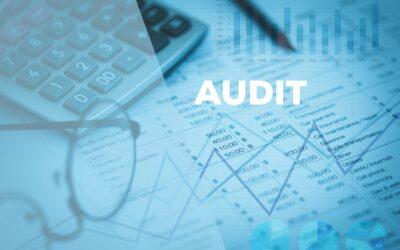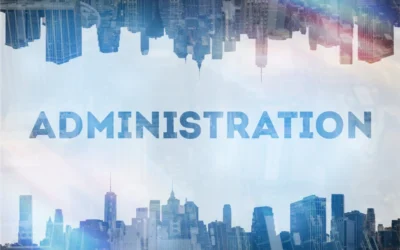Why does my 401(k) retirement plan need an audit?
The 401(k) plan audit is mandated by the Employee Retirement Income Security Act (ERISA) and is intended to make sure a plan is being run correctly. The audit seeks to; (1) review 401(k) plan documents and (2) verify the 401(k) plan is compliant with the IRS and DOL rules.
When is an audit required on a 401(k) retirement plan?
When a 401(K) plan has 100 or more eligible participants on the first day of the plan year, it’s considered a “large plan” for DOL and IRS reporting purposes, which requires an annual audit. While 100 eligible participants is the general threshold for large-plan status, there is what is commonly referred to as the 80-120 rule. Plans that have between 80 and 120 eligible participants at the beginning of the plan year are permitted to file their Form 5500 in the same way they did the year prior. For example, a plan that had 70 participants on January 1, 2018 and filed as a small plan for 2018, and then grew to 115 participants by January 1, 2019, may elect to file as a small plan again—and avoid an audit—for the 2019 plan year. An audit would not be triggered in this example until the eligible participants exceeded 120 as of the first day of the plan year.
The number of eligible active employees are counted even if they have never elected to participate and don’t have an account. Therefore, it is possible for you to meet the audit requirement if you have, for example, 121 eligible participants as of January 1st, but only 25 active participants. Former employees who have left their 401(k) funds in the plan are also included in the participant count.
What deadlines apply to my Audit and Form 5500 filing?
When a 401(k) plan audit is required, the audited financial statements will need to be completed and submitted with the Form 5500 to the IRS. The Annual Report is generally due within seven months from the end of the plan year, though there is an option to extend your corporate tax filing due date to nine and a half months from the end of the plan year. For example, if your 401(k) plan year ends December 31st, the audit would need to be completed by July 31st of the following year. If an extension is filed, the deadline would then move to September 15th of the following year. These are also the deadlines for funding contributions to the plan for the prior plan year if you wish to claim these as deductible contributions.
For the Form 5500 filing, the audited financial statements will need to be completed and submitted with the Form 5500 to the IRS within seven months from the end of the plan year. If an extension is filed, the Form 5500’s due date can be extended an additional two and a half months and allows the financial statement due date to be extended as well. For example, if your 401(k) plan year ends December 31st, the filing would need to be completed by July 31st of the following year. If an extension is filed, the deadline would then move to October 15th of the following year.
What do Auditors review during an audit:
The first things an auditor will review as part of a 401(k) plan audit are the company’s documentation and compliance. An analysis will be conducted to make sure the plan is operating within the guidelines of the plan-related documents. The plan will also be reviewed to ensure it follows specific Department of Labor and IRS regulations. After this, the plan’s financial statements, any disclosures, and Form 5500 will be reviewed to make sure the financial information is reported correctly.
What to expect with your audit:
To ensure a smooth process, plan sponsors should keep comprehensive records and plan ahead by reviewing the auditor-requested items in advance of the audit start date. Here is a listing of some of the items the auditor will be asking to review:
- Plan documents, adoption agreements and amendments
- IRS opinion letter on the plan document
- Summary Plan Description (SPD) and any modifications
- Agreements with service providers
- SOC report covering third-party administrator internal control processes
- Employee census (list of all paid employees for the year including key demographic data)
- A listing of contributions remitted to the plan, by pay period
- Trust and recordkeeping reports
- Distributions, loans or other plan activity
- Proof of insurance coverage for employee crime (Fidelity Bond)
- Prior Form 5500 filings and draft of current year Form 5500
- Independent appraisal for company stock or other non-traditional investments held by the 401(k) if applicable
Please reach out to your Watkins Ross administrator as soon as you receive and Audit Letter to review items we can assist you with, and identify the timeframe for your needs.



